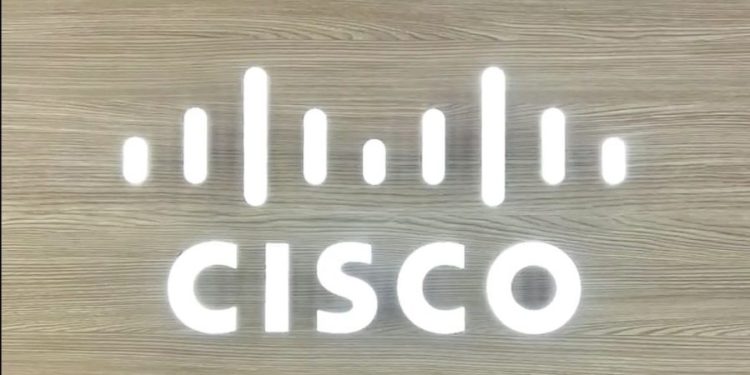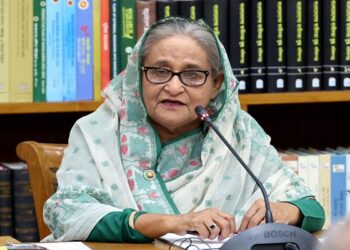The California Civil Rights Department has dismissed its case alleging caste discrimination against two Cisco engineers, while continuing its litigation against the tech giant. In the lawsuit, Sundar Iyer and Ramana Kompella, Cisco supervisors, were accused of discriminating and harassing an employee based on caste, which is a social division based on birth or descent.
The employee belonged to the Dalit community, the lowest rung in India’s caste system.
The Santa Clara Superior County Court dismissed this case last week. The Civil Rights Department said that the lawsuit against Cisco is ongoing, and they are committed to obtaining relief and implementing corrective action for the people of California.
Cisco did not provide any comment due to ongoing litigation.
In July 2020, California filed a lawsuit against Cisco alleging that a Dalit engineer was subjected to pay discrimination, fewer opportunities, and retaliation for opposing “unlawful practices” that went against the traditional order between Dalits and higher castes. The engineer worked on a team with Indian colleagues who all belonged to high castes and had immigrated to the US as adults.
The caste system in India and other South Asian countries places Dalits at the bottom of the social hierarchy, and discrimination based on caste was outlawed by India in 1948 and enshrined in the country’s constitution in 1950.
The lawsuit against Cisco has given impetus to a movement against caste discrimination, with organisations like Equality Labs leading the way. The lawsuit has also played a role in landmark actions such as the Seattle City Council’s decision in February to include caste in its anti-discrimination laws. California State Senator Aisha Wahab has recently proposed a bill that, if passed, would make California the first state in the US to ban caste-based bias.
The issue has caused a deep divide within the South Asian community. On one hand, groups like Hindus for Human Rights and Hindus for Caste Equity argue that protections are necessary to safeguard vulnerable community members from discrimination based on their caste in areas such as housing, education, and the tech sector, where many hold influential positions. They claim that caste-based discrimination is widespread across religious lines in several South Asian communities and the diaspora.
On the other hand, organisations such as the Hindu American Foundation (HAF) and the Coalition of Hindus of North America oppose such policies, asserting that they will unfairly target Hindus and Indian Americans, who are often associated with the caste system. These groups also argue that there is no conclusive data to support the existence of such discrimination and that caste is already included under the category of “national origin,” making a separate protected category unnecessary.
Hindus for Human Rights took to Twitter to say, “HAF says that the dismissal of the case against two Cisco engineers, “…offers important insight into consequences South Asians in California will face if state senator Aisha Wahab’s proposed caste bill…is implemented.” This is a red herring. We must understand that the case against Cisco itself continues, with mediation as the next step. There is a very good reason for that: i.e. Cisco didn’t take John Doe’s complaint seriously and must make amends. Cisco has since added “caste” as a category of discrimination.”
The decision of the Civil Rights Department to voluntarily dismiss its case against the two engineers is being seen as a validation by activists who have argued that an individual’s religion or ethnicity should not be a basis for attributing wrongdoing to them. Suhag Shukla, executive director of the Hindu American Foundation, said that the move vindicates the stance of those who have opposed the assumption of guilt based on one’s religion or ethnicity. Shukla added that the two Indian American engineers had faced an ordeal of investigations, online harassment, and media trial for almost three years.
According to Thenmozhi Soundararajan, founder and executive director of Equality Labs, a Dalit-led advocacy group, last week’s action by the Civil Rights Department has not altered the fact that the Cisco case has given many Dalits the courage to share their experiences of caste discrimination in education, medical and tech industries. Soundararajan stated that the dismissal of the case should be viewed as progress rather than a loss. She further mentioned that the Dalit community is indebted to the engineer and the Civil Rights Department for bringing forward such an important case.
A mediation conference is scheduled between Cisco and the California Civil Rights Department on May 2.











